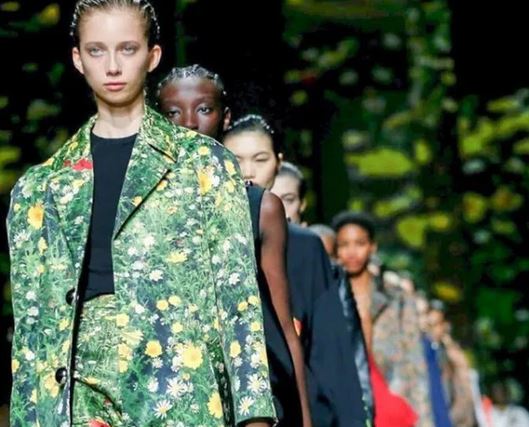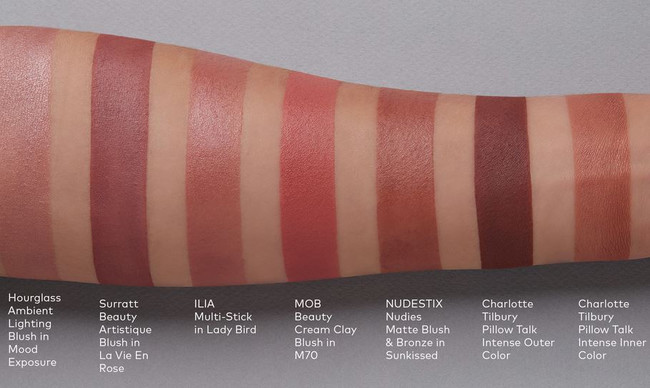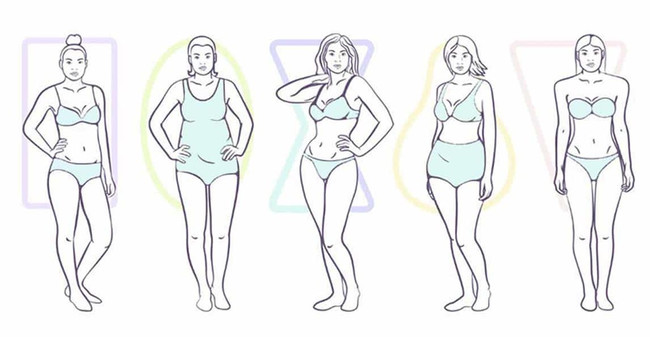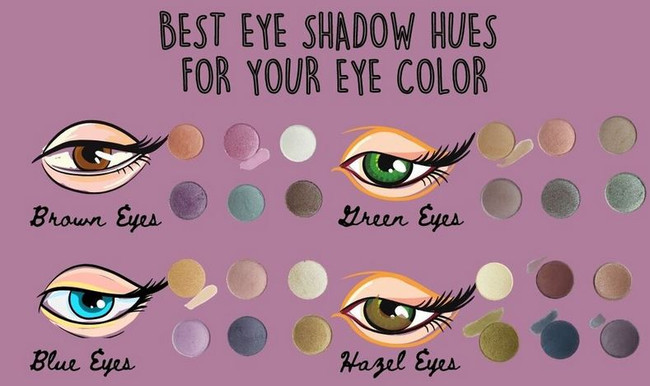Eco-Friendly Fashion: Sustainable and Stylish Choices | |

| |
In today's fast-paced world, where fashion trends come and go, there is a growing awareness of the need to make sustainable and eco-friendly choices in our everyday lives. The fashion industry, with its immense influence on global consumption patterns, has been under scrutiny for its environmental impact. As a response, the concept of "Eco-Friendly Fashion: Sustainable and Stylish Choices" has gained momentum. This article delves into the realm of eco-conscious fashion, showcasing how you can make responsible choices without sacrificing style. Let's embark on a journey towards a greener and more fashionable future. What is Eco-Friendly Fashion?Eco-friendly fashion, also known as sustainable fashion, is a movement that emphasizes environmentally responsible practices throughout the entire lifecycle of clothing. From sourcing raw materials to production, distribution, and disposal, every aspect is examined to reduce the overall ecological footprint. The aim is to promote ethical and eco-conscious alternatives that minimize harm to the environment, animals, and people involved in the fashion industry. Why Choose Eco-Friendly Fashion?Eco-friendly fashion offers several compelling reasons to make it your go-to choice:
Key Features of Eco-Friendly FashionTo fully understand eco-friendly fashion, let's explore its key features: 1. Sustainable MaterialsEco-friendly fashion relies on sustainable materials such as organic cotton, hemp, bamboo, and Tencel. These materials are grown using environmentally friendly practices and are often free from harmful chemicals and pesticides. 2. Upcycling and RecyclingBrands committed to sustainability often engage in upcycling and recycling processes. They transform discarded materials into new, fashionable pieces, reducing waste and conserving resources. 3. Ethical ProductionEthical production ensures that garment workers are treated fairly and work in safe conditions. Brands committed to ethical practices prioritize transparency and accountability. 4. Slow Fashion MovementThe slow fashion movement encourages conscious consumption by promoting durable, timeless designs that transcend seasonal trends. This approach opposes the "fast fashion" culture that leads to excessive waste. 5. Minimal Waste DesignsEco-conscious designers aim to minimize waste during production by carefully planning patterns and using leftover fabric creatively. 6. Biodegradable PackagingSustainable brands opt for biodegradable packaging materials to reduce the environmental impact of packaging waste. Top Eco-Friendly Fashion BrandsSeveral pioneering brands have embraced eco-friendly fashion, paving the way for a more sustainable future. Let's take a look at some of the top players in this realm: 1. PatagoniaKnown for its outdoor clothing and gear, Patagonia is a trailblazer in sustainable practices. They use recycled materials and promote repair and reuse of their products. 2. ReformationReformation is a popular brand that champions eco-friendly practices. They offer chic, vintage-inspired clothing made from sustainable materials. 3. Eileen FisherEileen Fisher is renowned for its timeless and elegant designs, made from organic and sustainable fabrics. 4. Stella McCartneyStella McCartney is a pioneer in cruelty-free and sustainable fashion. The brand is committed to avoiding leather, fur, and other animal-derived materials. 5. Amour VertAmour Vert focuses on eco-friendly fabrics and sustainable production practices, aiming to make fashion choices that are friendly to the planet. Wardrobe Essentials for Eco-Friendly FashionistasBuilding an eco-friendly wardrobe doesn't mean compromising on style. Here are some wardrobe essentials that combine sustainability with style: 1. Versatile Organic Cotton TopsOrganic cotton tops are comfortable, breathable, and easy to style. They form the foundation of a sustainable wardrobe. 2. Classic DenimInvesting in high-quality, durable denim not only ensures style longevity but also reduces the demand for new denim production. 3. Timeless OuterwearA well-crafted, timeless coat or jacket made from sustainable materials can elevate any outfit while reducing environmental impact. 4. Effortless DressesChoose versatile dresses made from sustainable materials that can transition from casual to formal occasions with ease. 5. Eco-Friendly FootwearOpt for shoes made from eco-friendly materials such as recycled plastics, cork, or vegan leather. Eco-Friendly Fashion for Every OccasionEco-friendly fashion offers a wide range of choices suitable for various occasions: 1. Casual WearFor everyday casual wear, opt for comfortable yet stylish pieces made from organic cotton, hemp, or other sustainable materials. 2. Office AttireCreate a professional and sustainable look with well-tailored pieces and eco-friendly fabrics like Tencel or recycled polyester. 3. Evening GlamDazzle in eco-friendly eveningwear crafted from recycled fabrics or ethically sourced silk. 4. Active WearStay eco-conscious during workouts with activewear made from recycled materials or organic cotton. 5. BeachwearChoose swimwear and cover-ups made from sustainable materials like ECONYL®, a regenerated nylon fabric from recycled ocean waste. FAQsQ: How can I determine if a fashion brand is truly eco-friendly? A: Look for certifications like Global Organic Textile Standard (GOTS) and check the brand's sustainability initiatives and transparency in their supply chain. Q: Is eco-friendly fashion more expensive than conventional fashion? A: While some eco-friendly brands might have higher price points, the focus on quality and durability often makes them cost-effective in the long run. Q: Can I contribute to eco-friendly fashion without buying new clothes? A: Yes! You can support eco-friendly fashion by upcycling old clothing, shopping second-hand, or participating in clothing swaps. Q: How can I encourage sustainable practices within the fashion industry? A: Support and promote sustainable brands, educate others about eco-friendly fashion, and advocate for transparent and ethical practices. Q: What are some eco-friendly alternatives to leather and fur? A: Vegan leather, mushroom leather, and recycled plastic-based materials are excellent alternatives to traditional leather and fur. Q: How does eco-friendly fashion impact climate change? A: By reducing the carbon footprint and waste associated with fashion, eco-friendly choices help mitigate climate change. ConclusionEco-friendly fashion is more than just a trend; it's a conscious choice to protect the environment and promote ethical practices within the fashion industry. By embracing sustainable and stylish choices, we can make a positive impact on the world without sacrificing our personal style. From eco-conscious brands to wardrobe essentials and sustainable occasion wear, the options are vast and exciting. Let's come together and embrace eco-friendly fashion for a greener and more fashionable future. | |
| Category: Fashion | |
| Total comments: 0 | |
 |
| The Best Blush Shades for Different Skin Tones |
 |
| Tips for Preventing Makeup Transfer |
 |
| How to Dress for Your Body Type: Flatter Your Figure with Style |
 |
| How to Choose the Right Shade of Eyeshadow for Your Eye Color |
 |
| How to Create a Natural Makeup Look in 10 Minutes |
 |
| How to organize and declutter your wardrobe |
 |
| The Science Behind Hair Loss: Causes and Solutions |
 |
| How to make manicure last longer |
 |
| Essential Travel Makeup: Packing Light without Sacrificing Style |
